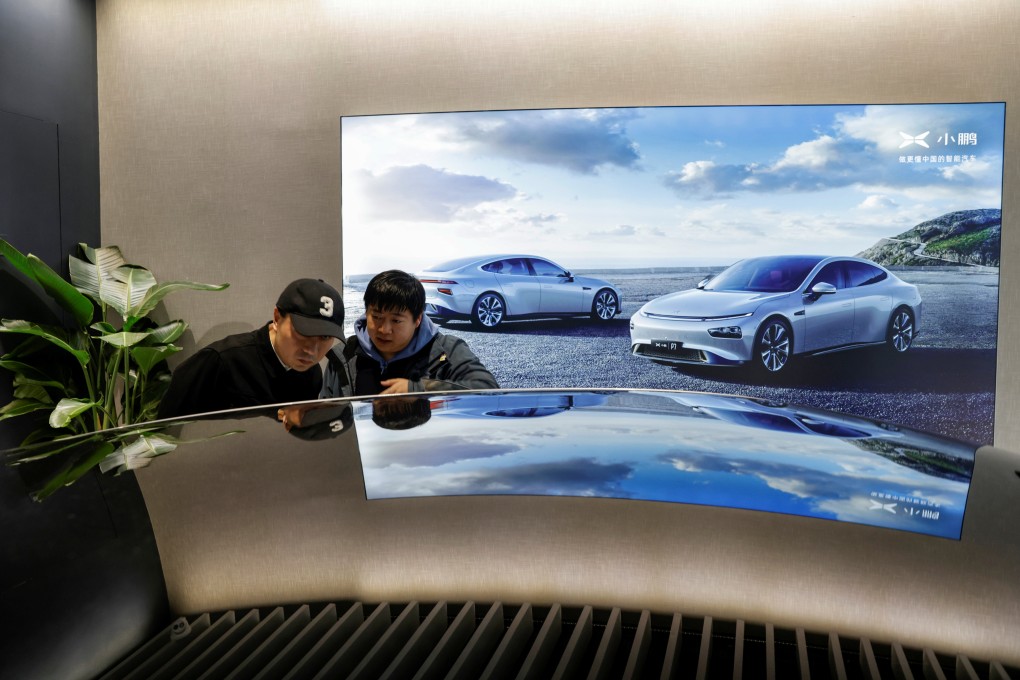Smart car firms in China may be required to decrypt data for inspection if it is sent outside the country
- China is expected to have 28 million connected cars by 2025, making it the world’s top market for smart vehicles
- The rule fell short of clarifying whether locally stored data could be accessed from abroad

The National Information Security Standardization Technical Committee (NISSTC), a Chinese government-affiliated standards-setting body, said in a draft rule on Wednesday that networked-vehicle companies that transfer encrypted data outside China may be required to provide information on the encryption method used as well as the decrypted data in plain text.
The move, which could affect smart carmakers such as Tesla, Xpeng and NIO, comes amid concerns that road and infrastructure information collected by smart cars could pose a national security risk.
China is expected to have 28 million connected cars by 2025, making it the world’s top market for smart vehicles, according to a report from state-run Xinhua news agency.
The NISSTC also said sensitive data related to roads, buildings, terrain, traffic participants (such as bikers and pedestrians), and vehicle location and trajectory collected by smart cars in the country must be stored inside China.
The rule, which would affect electric vehicles as well as self-driving cars, fell short of clarifying whether the locally stored data could be accessed from abroad.
“This has implications beyond just EV companies, but also autonomous driving companies,” said Tu Le, managing director of mobility consultancy Sino Auto Insights, adding that Beijing sees it as not only a data privacy protection issue but a matter of national security.
